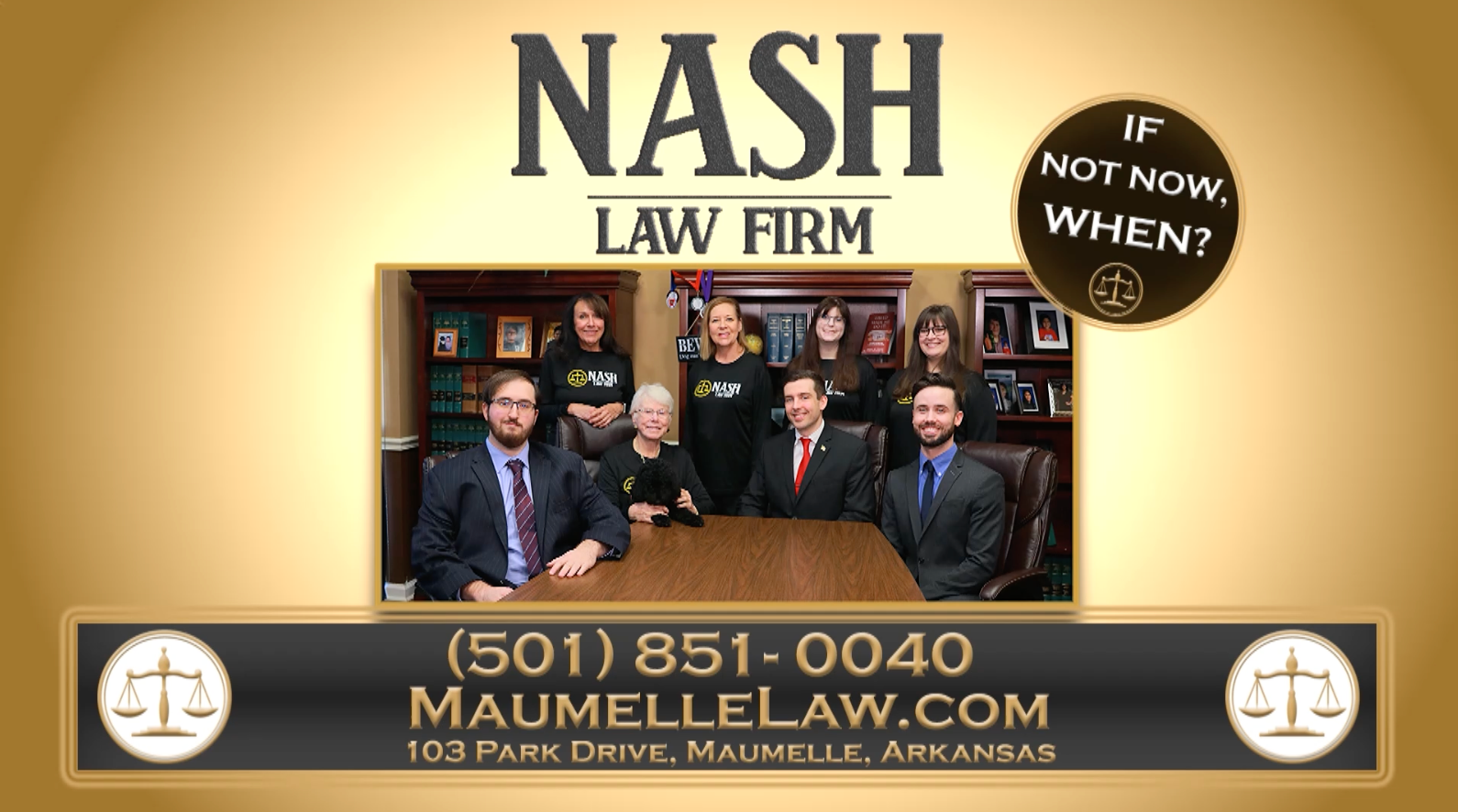Elder Law: Planning for Incapacity and End-of-Life Decisions

As we navigate the later stages of life, one of the most important steps we can take is to ensure that our wishes are carried out even if we’re no longer able to express them ourselves. Elder law focuses on helping individuals plan for these scenarios, protecting both their personal and financial well-being.
Why Planning for Incapacity is Crucial
Incapacity can happen unexpectedly, whether through illness, accident, or a progressive condition such as Alzheimer’s. Without legal directives in place, your family may be left scrambling to make important decisions without knowing your true desires. This can lead to confusion, conflict, and even court intervention.
To prevent these issues, several legal tools can be used to manage decisions if you become incapacitated:
Advance Directive: This document outlines the types of medical treatment you would or would not like to receive in specific situations. For example, you can specify whether you want life-sustaining treatment, such as a ventilator or feeding tube, if you are in a terminal condition.
Living Will: A type of advance directive, this document focuses on the end of life. It’s a formal declaration of the types of medical interventions you’d prefer in life-threatening situations when you can no longer communicate your wishes.
Healthcare Power of Attorney (POA): This designates a trusted individual to make healthcare decisions on your behalf. It’s essential to choose someone who understands your values and desires, as they’ll be in charge of ensuring that your medical treatment aligns with your wishes.
Planning for Financial Management
In addition to healthcare decisions, planning for the management of your finances is equally important. Without these measures, a court may appoint someone to manage your affairs, which could delay important decisions and add unnecessary stress to your loved ones. Key legal tools to prevent this include:
Durable Power of Attorney (POA): A durable POA allows you to appoint a trusted individual to handle your finances if you become incapacitated. This can include managing bank accounts, paying bills, handling investments, and managing property. Unlike a traditional POA, a durable POA remains in effect if you lose the capacity to make decisions.
Revocable Living Trust: A living trust can be created during your lifetime to manage your assets. You can serve as your own trustee while you are able, and a successor trustee can take over in the event of incapacity. A revocable living trust can also help avoid probate after your death, simplifying the process for your loved ones.
End-of-Life Decisions and Family Considerations
Conversations about end-of-life care can be difficult, but they are necessary. Clear, legally documented instructions can prevent family conflicts and ensure that your wishes are honored. Discussing your preferences with family members and including them in your planning can also make these difficult times a little easier.
Whether it’s deciding on life-sustaining treatments or addressing your financial affairs, it’s important to have these plans in place before you need them. Incapacity can happen at any age, so these steps are not just for the elderly.
At Nash Law Firm, we specialize in elder law and can help you navigate these complex legal matters. Contact us today for a free consultation, and let us assist you in securing your future and providing peace of mind for your family.
DISCLAIMER: The information provided on this website does not, and is not intended to, constitute legal advice; instead, all information, content, and materials available on this site are for general informational purposes only. Information on this website may not constitute the most up-to-date legal or other information. This website contains links to other third-party websites. Such links are only for the convenience of the reader, user or browser; the Nash Law Firm does not recommend or endorse the contents of the third-party sites.
Readers of this website should contact their attorney to obtain advice with respect to any particular legal matter. No reader, user, or browser of this site should act or refrain from acting on the basis of information on this site without first seeking legal advice from counsel in the relevant jurisdiction. Only your individual attorney can provide assurances that the information contained herein – and your interpretation of it – is applicable or appropriate to your particular situation. Use of, and access to, this website or any of the links or resources contained within the site do not create an attorney-client relationship between the reader, user, or browser and website authors, contributors, or Nash Law Firm.









![Nash Law Firm Logo [click to return home] Nash Law Firm](https://lirp.cdn-website.com/8c4d5b2c/dms3rep/multi/opt/nashlogo_colorgray_horz-1920w.png)


![Nash Law Firm Logo [click to return home] Nash Law Firm Logo](https://lirp.cdn-website.com/8c4d5b2c/dms3rep/multi/opt/nashlogo_whgold_horz-1920w.png)

